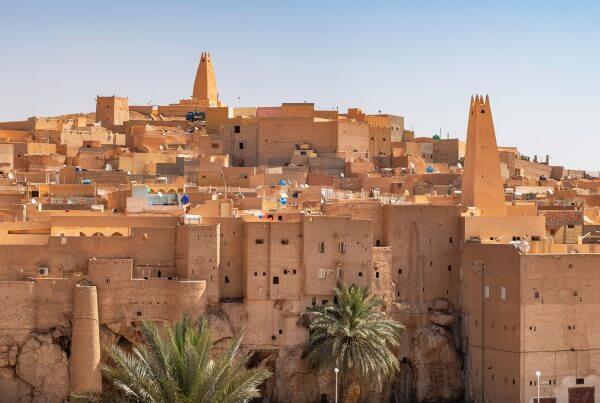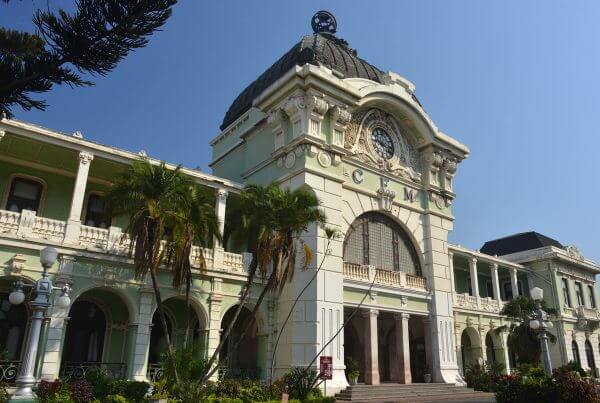Key Points
- Nigeria Immigration Service introduced new visa fees on September 30, 2020
- The Nigeria Visa Policy (NVP) 2020 was implemented on October 1, 2020
- Number of visa classes is expanded, including highly skilled foreign worker and electronic visas
- Visa classes can be processed at Nigerian Application Centers and Nigerian Embassies
- Visa fees required based on applicant categories and countries based on reciprocity
Biometrics tracking added for visa applications
Overview
Nigeria Immigration Service posted new visa fees on September 30, 2020. The agency also implemented the Nigeria Visa Policy (NVP) 2020 on October 1, 2020.
Background
Although the NVP 2020 was launched on February 4, 2020, it was not implemented until October 1, 2020. The policy was established to increase business activities, tourism, and foreign investment.
What are the Changes?
The policy significantly expanded the number of visa classes for Nigerian visas to 79. Previously, there were only six classes of Nigerian visas. Additionally, the NVP 2020 policy enabled all visa classes to be processed at Visa Application Centers and Nigerian Embassies. The policy also added a new visa for highly skilled foreign workers, introduced an electronic visa, and added biometrics tracking for visa applications.
What Should Employers and Applicants Know?
The Nigeria Visa Policy 2020 requires visa fees for all applicant categories and countries based on principles of reciprocity. Fee information for 151 participating countries is outlined in the Nigeria Immigration Service’s visa fees chart. The new chart clarifies the costs of visas for individuals entering the country.






